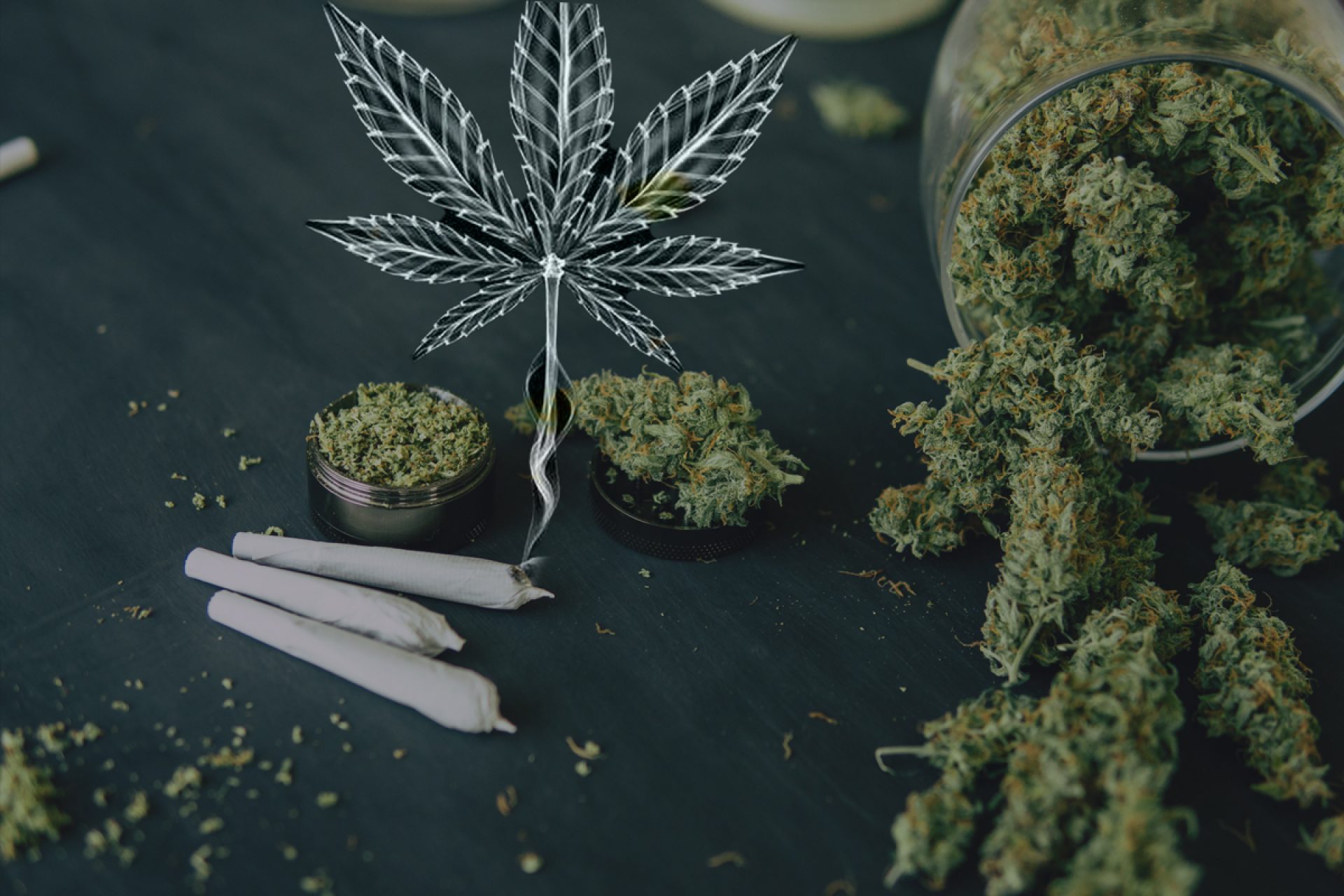The use of marijuana, while legal in some jurisdictions, can sometimes lead to problematic patterns of use that escalate into addiction. Recognizing the signs early is crucial for getting the support you need to reclaim your well-being. This article explores the various indicators of marijuana addiction, empowering you to take the first step towards a healthier relationship with this substance.
Beyond Casual Use: When Marijuana Use Becomes a Problem
Marijuana, often perceived as a relatively harmless recreational drug, can unfortunately, in some cases, develop into a serious addiction. This doesn’t mean everyone who enjoys the occasional use of marijuana will become addicted, but recognizing the warning signs is crucial for identifying potential problems early. Addiction is characterized by a compulsive need to use despite negative consequences, impacting various aspects of one’s life.
Identifying the Signs of Marijuana Addiction
Recognizing marijuana addiction involves considering several interconnected factors. It’s not just about the frequency of use, but also the impact it has on your life, relationships, and overall well-being. The following signs highlight various indicators that may suggest you, or someone you know, is struggling with marijuana addiction:
- Tolerance and Increased Use: Do you find that you need to consume more marijuana to achieve the same effect? This is a clear sign of tolerance developing, and it often precedes a more serious issue. Increasing the frequency, quantity, or strength of use to achieve the desired effect points to an escalating problem.
- Withdrawal Symptoms: Physical and psychological withdrawal symptoms can indicate an addiction. These symptoms might include irritability, anxiety, sleep disturbances, cravings, and difficulty concentrating. Experiencing withdrawal symptoms after reducing or stopping use is a significant indicator. It’s essential to understand that withdrawal symptoms vary in intensity and presentation.
- Neglecting Responsibilities: Are you prioritizing marijuana use over essential responsibilities such as work, school, family obligations, or personal hygiene? If your daily life revolves around procuring and using marijuana, this could be a serious concern. Individuals struggling with marijuana addiction often experience difficulty maintaining their commitments.
- Social Isolation: Does your use lead to a decrease in social interaction or isolation from friends and family? Addiction often fosters a withdrawal from social activities and close relationships, as the focus shifts towards obtaining and consuming marijuana. This can manifest as avoiding social gatherings, distancing oneself from loved ones, or prioritizing marijuana use over meaningful interactions.
- Continued Use Despite Negative Consequences: Are you continuing to use marijuana despite experiencing negative consequences in your relationships, career, or personal life? These negative consequences may include financial difficulties, legal problems, health concerns, or strained relationships. If you recognize that your use is negatively affecting your life, but continue to use despite it, this is a crucial indicator.
- Loss of Control: Feelings of not being able to control one’s marijuana use is a core component of addiction. Individuals struggling with addiction experience a significant loss of control, making it difficult to regulate their use. This can be a crucial element when distinguishing between casual use and addiction.
- Physical Health Concerns: While not always immediate, persistent marijuana use can negatively impact physical health. Chronic use can lead to lung problems, cardiovascular issues, and mental health concerns. If you notice any changes in your physical health alongside your marijuana use, it’s imperative to address the concerns.
- Changes in Mood and Behavior: Experiences of significant mood swings, including anxiety, depression, or irritability, linked to marijuana use could indicate addiction. The use can also lead to changes in personality or behavior, making it challenging to maintain stability and consistency in daily life.
- Denial and Rationalization: One of the hallmarks of addiction is denial. Individuals struggling with marijuana addiction might minimize their use or rationalize their actions, even if there’s a clear impact on their lives. This denial can make it harder to recognize the problem and seek help.
The Importance of Seeking Help and Support
Recognizing these signs is an essential first step towards seeking help for marijuana addiction. It’s vital to understand that you’re not alone, and support is available. Reach out to a healthcare professional, therapist, or support group for guidance and assistance. They can provide personalized strategies for managing cravings, coping mechanisms, and developing healthier habits.
Seeking Professional Support
If you or someone you know is experiencing these issues, professional help is crucial. A medical professional can assess the situation, determine the extent of the problem, and recommend appropriate treatment options. These options can include therapy, counseling, support groups, and potentially medication in certain cases. Be proactive, seek support, and prioritize your well-being.






